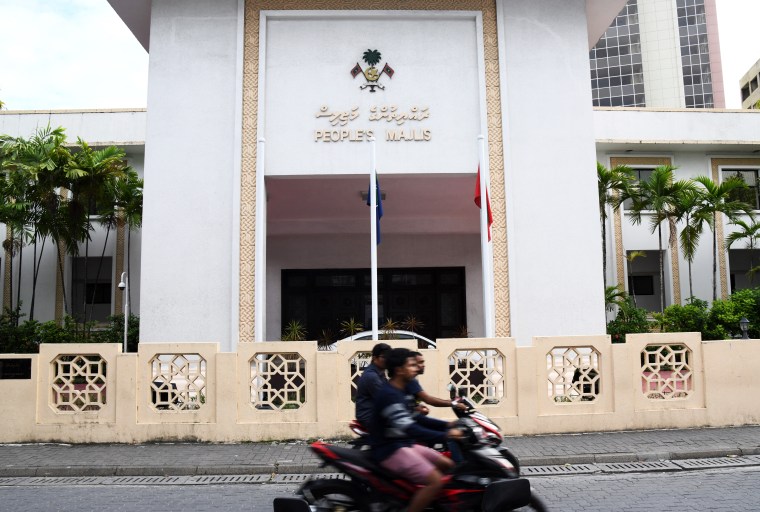Washington, D.C., October 1, 2021 — Maldives legislators must reject a provision of the proposed Evidence Bill that would allow courts to compel journalists and media outlets to reveal their sources, the Committee to Protect Journalists said today.
The bill, which CPJ reviewed, includes a broad provision allowing courts to order outlets and journalists to reveal anonymous sources when a court decides that the “public interest of revealing a journalist’s source” outweighs “the negative impact on the source or others” as well as “the ability of journalists to continue to find factual sources of information and bring such information to the public.”
On August 30, the government of President Ibrahim Mohamed Solih sent the bill to the People’s Majlis, the country’s legislative body, according to news reports.
“The Maldives’ proposed Evidence Bill would, as written, create an unfortunate opening for courts to force journalists to reveal sources in a potentially grave threat to press freedom,” said Steven Butler, CPJ’s Asia program coordinator. “Legislators must drop or amend the problematic provision of the bill and allow journalists to continue reporting in confidence that sources will not suffer consequences by talking to them.”
While Article 136(a) of the proposed bill affirms a section of the Maldives Constitution providing that “No person shall be compelled to disclose the source of any information that is espoused, disseminated, or published by that person,” Article 136(b) of the bill includes the exceptions granting courts the power to compel such information, according to CPJ’s review of the text.
The legislation will undergo a preliminary debate in the People’s Majlis before it is referred to a committee for research and review, according to Junayd Saleem, a Reuters journalist and Maldives correspondent for the press freedom group Reporters Without Borders, who spoke with CPJ via messaging app. If the legislature passes the bill, President Solih could then sign it into law, he said, adding that no timeline for the legislation had been made public.
Attorney General Ibrahim Riffath has agreed to work with the People’s Majlis during the committee stage to amend the problematic provision, according to a press release published by his office and Saleem. CPJ emailed Riffath’s office for comment but did not receive any reply.
CPJ also emailed the Secretariat of the People’s Majlis for comment, but did not receive any reply.
